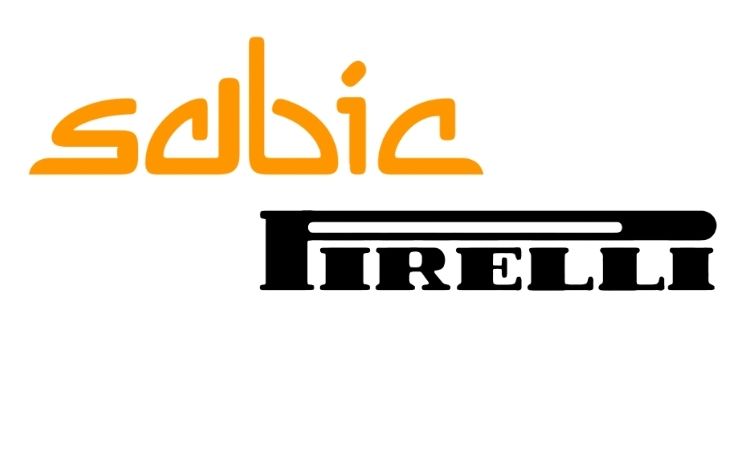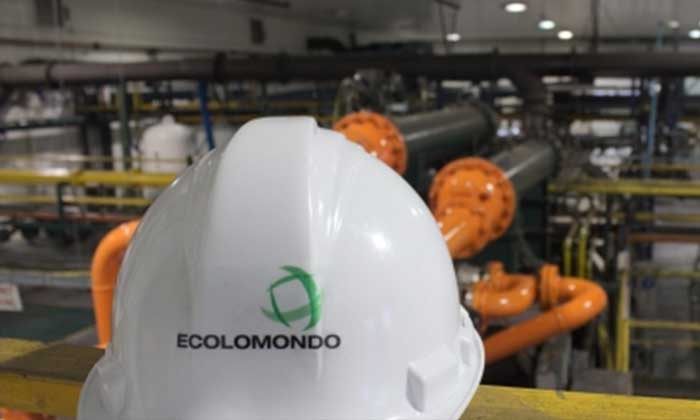New legal challenges for tire recyclers mixing rubber and plastic
The EU's decision to no longer let banned flame retardant chemicals to enter recycling streams and new products is applauded by environmental health groups. The European Union (EU) has taken a significant step toward improving recycling by outlawing the recycling of items that contain PBDEs, a group of hazardous flame retardants that are prohibited everywhere.
According to research, dangerous banned flame retardants and other chemicals, primarily from abandoned electronic equipment, were infiltrating the recycling stream and new consumer items created from recycled plastics in Europe at alarmingly high levels. Environmental health advocates welcome the EU's action and urge the six other nations that still allow the recycling of PBDE to do the same.
The Stockholm Convention outlawed PBDE flame retardant chemicals 10 years ago because they were known to interfere with thyroid function and result in neurological and attention problems in children. However, because the EU, along with Brazil, Canada, Cambodia, Japan, South Korea, and Turkey, exploited a gap in the Stockholm Convention that permitted the prohibited chemicals in recycling and requested an exemption for prolonged use, the class of chemicals continues to contaminate consumer goods made from recycled plastics.
The EU just sent a letter rescinding its exemption. The EU's decision to prohibit POP flame retardants from being recycled will also lessen the amount of dioxins that are present in goods created from recycled materials. Through their investigation of the harmful flame-retardant contamination in children's toys, kitchen utensils, and other consumer products made of recycled plastic, researchers from Arnika, IPEN, and other public interest NGOs called attention to the issue of toxic recycling and the PBDEs exception. The comprehensive, international research with high visibility rendered the recycling exception unjustifiable.
According to Jitka Strakova, a specialist on toxic chemicals and coordinator of the IPEN's Dioxin, PCBs, and Waste Working Group, "the EU has taken a crucial step for public health by closing this dangerous loophole." Governments cannot support laws that allow dangerous substances in toys if they want to safeguard kids and families from poisonous, outlawed chemicals. The recycle exemption does that. The EU's wise decision to abolish the recycling exception for PBDEs should serve as a lesson in world policy and spur efforts to ban POPs from garbage and recycling.
"Substances that are classified as POPs, like PBDEs, are harmful for a very long time. According to Jindrich Petrlik, head of Arnika's Toxics and Waste Programme, POPs items should be detected and destroyed rather than being permitted to return to the market and do more harm. "The EU deserves praise for making this thoughtful choice about recycling. Next, the EU needs to address POPs in waste rules that continue to allow for the international transit and disposal of banned chemicals in electronic trash if it wants to be a true global leader for a clean circular economy. The very high threshold for the banned flame retardant decaBDE as a trace pollutant, which permits it to still enter the recycling chain and emerge in products, should also be addressed by the EU.
According to Joe DiGangi, IPEN Senior Science and Technical Advisor, "Toxic recycling opens the door for hazardous chemicals to infiltrate new items, including children's toys." "That's just not acceptable and needs to stop immediately. By the 10th Conference of the Parties of the Stockholm Convention in 2021, we expect that Brazil, Canada, Cambodia, Japan, South Korea, and Turkey can revoke their exemptions from the ban on toxic recycling.
Short-chain chlorinated paraffins (SCCPs), flame retardants discovered in some rubber and plastic trash, including rubber conveyor belts, hoses, cables, and seals, are the problem, according to the rubber industry. Further obstacles for recyclers who want to mix rubber with recycled "plastics" include hexabromocyclododecane (HBCDD), a flame retardant found in some plastic and textile waste, particularly polystyrene insulation from demolished buildings, and polybrominated diphenyl ethers (PBDEs), which are flame retardants found in plastics and textiles used in electrical and electronic equipment, vehicles, and furniture.
Source: IPEN
Weibold is an international consulting company specializing exclusively in end-of-life tire recycling and pyrolysis. Since 1999, we have helped companies grow and build profitable businesses.









